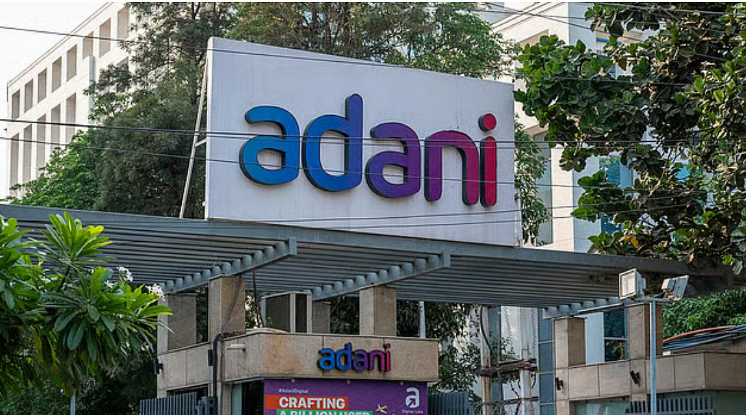The Adani Group has announced its entry into the battery energy storage system (BESS) sector with a landmark project at Khavda, Gujarat, marking a major milestone in India’s renewable energy journey. The company will develop a 1,126 MW / 3,530 MWh battery storage facility, set to become the largest single-site BESS installation in the country and one of the largest globally.
The project, expected to be commissioned by March 2026, will store enough energy to supply 1,126 MW of power for nearly three hours. The system will be integrated with Adani’s massive renewable energy complex at Khavda, which is already recognized as one of the world’s largest solar and wind generation parks.
According to Adani, the battery system will include over 700 containerized storage units equipped with advanced lithium-ion technology and intelligent energy management systems. The facility will enable round-the-clock renewable energy supply, stabilize grid operations, and enhance the reliability of clean energy for industrial and household use.
The move represents a major diversification for the Adani Group, which is rapidly expanding its clean energy portfolio. The company stated that large-scale battery storage will be central to balancing India’s growing renewable capacity, reducing intermittency, and strengthening national grid resilience.
Industry experts believe this project could serve as a model for future renewable-storage integration, setting new benchmarks for both scale and efficiency. Beyond providing peak power support, the Khavda battery facility is expected to reduce renewable curtailment, optimize transmission use, and ensure energy availability during non-solar hours.
The Adani Group also plans to scale up its energy storage capacity to 15 GWh by 2027, with an ambitious goal of reaching 50 GWh over the next five years. This aligns with India’s national target of developing robust energy storage infrastructure to complement its renewable energy mission.
The Khavda BESS project not only underscores Adani’s commitment to advancing sustainable energy but also positions India as a key player in the global transition toward large-scale energy storage solutions. Once completed, the project is expected to enhance grid reliability, reduce carbon emissions, and drive India closer to its clean energy ambitions.



